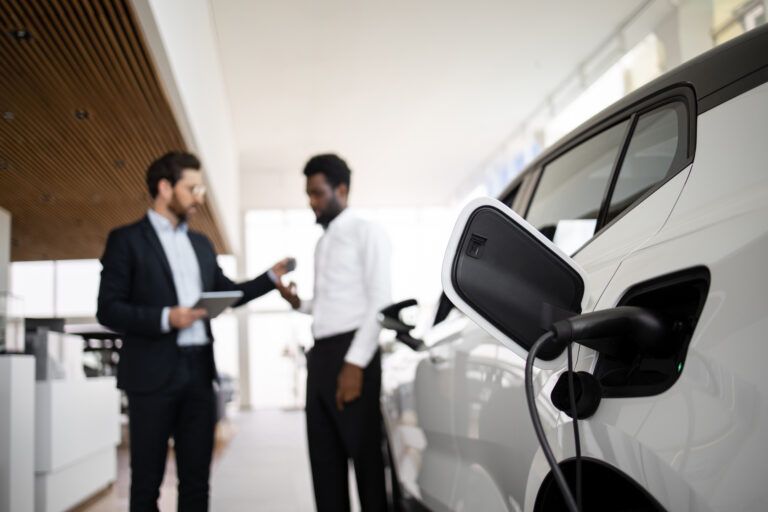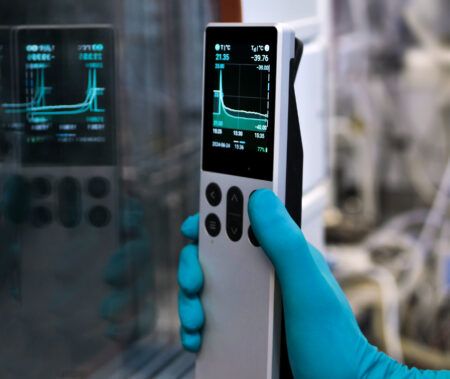Dr Gregory Offer is Professor of Electrochemical Engineering at Imperial College London. He is Director of the Vehicle Futures Hub at Imperial and interested in all technologies involved in accelerating the transition towards sustainable vehicles.
I have been asked by quite a few people recently if the wheels have come off electrification, because of reports of falling sales of EVs, like VW in 2024Q2, or major OEMs scaling back or delaying plans for Gigafactories or EV plants, like Ford in Tennessee. Some are even gloating with a hint of ‘I told you so’. Others ask me when the transition will occur and when will EVs take over from the combustion engine. From the general public’s point of view, it appears like it has only just started. I believe the answers are quite simple.
Firstly, no, the wheels have not come off the transition, we are just seeing noise in the system. When the system is a global automotive industry that produces hundreds of millions of vehicles a year, this noise can be millions of vehicles and billions of dollars and is going to look big and scary in the short term. However, measured against a multi-decade trillion-dollar transition it is minor. Supply and demand never match in a mature market, let alone during a technology transition. Demand overshoots and investment is triggered to provide supply, which then promptly overshoots, bringing prices crashing down, boosting demand, and the cycle repeats with a period measured in multiple years. Each time, many panic, and those with a vested interest (in the incumbent or the new alternative) cry apocalypse or blessing and claim it portends the imminent collapse or resurgence of the new or old technology. When the transition is going exponential, it is even harder for industry to match supply and demand, especially when there is competition and geopolitical interference in the markets. A far better indicator is the trend over a few years.
For the second question, when will it happen? The answer, it already has, just follow the money. I would argue it started around 2003-2007 when Tesla was launched and BMW and Renault/Nissan started their EV programmes, and around the same time China started investing heavily in batteries and EVs. By 2010/11 most OEMs had jumped on the band wagon, and inertia started to build up, although it was still far from inevitable. During this decade policy makers in most developed countries started banning the sale of new combustion engine vehicles, initially 2040, then some in 2035 and some even earlier in 2030. By 2016/17 most companies were winding down combustion engine development, except for product refreshes, and very few new combustion engine plants were being built. Most of the capital therefore started flowing into building Gigafactories, and electric vehicle and/or or plug-in hybrid production lines. Therefore, if you follow the money, it has already.
When it is my engineering students that ask me these questions, these are the answers I give them. If you think I am wrong, please get in touch. I then ask them to consider the following questions, which you can also ask yourself. Where is the most interesting innovation and engineering over the next few decades going to be? Will it be propping up an old technology in its dying days, or investing your time and energy in something you can be proud of and can tell your grandchildren about when you retire.





